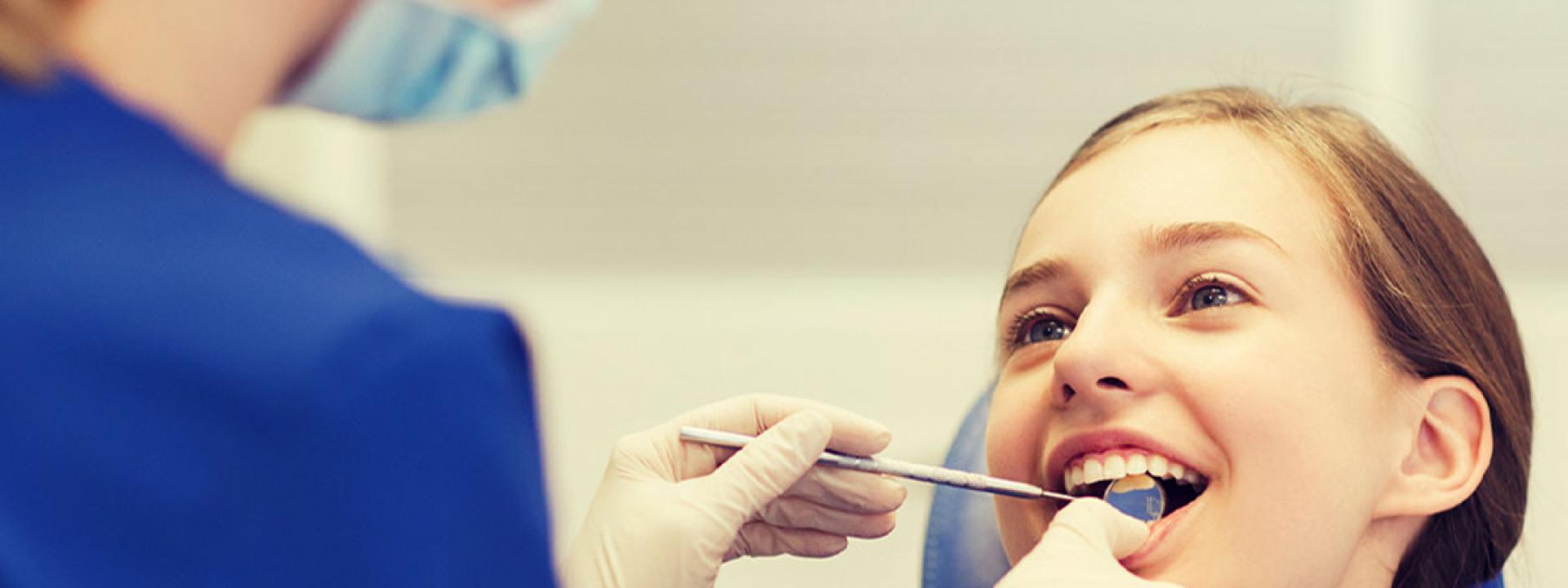Gum disease is a common dental problem among adults in the US. The simple act of flossing once a day is your best defense against the infection known as gum disease. Although flossing may feel unnecessary, it is in fact highly effective at stopping gum disease at its most common source: dental plaque.
Flossing Removes Bacteria between Your Teeth
A sticky film called plaque is constantly forming on your teeth. Plaque is a biofilm containing bacteria, and its formation in your mouth is normal and unavoidable. We brush our teeth multiple times a day to break up the plaque and reduce its presence on the surfaces of our teeth. But your toothbrush bristles cannot adequately reach in between your teeth. This point is where flossing becomes essential. Flossing is the most effective way to remove plaque that forms between your teeth. Plaque that is not disrupted hardens into tartar, which can only be removed by your dental hygienist during professional teeth cleaning.
The Role of Plaque in Causing Gum Disease
Evidence shows that plaque is the main cause of gum disease. If you don’t floss, the bacteria in plaque infects and irritates the gum tissue. Over time, the inflamed gums form pockets and the tissue pulls away from the tooth. Left untreated, the bacterial infection moves into the pockets, where it continues to destroy tissue. In the advanced stages of gum disease, bacterial infection can destroy the bone supporting your teeth, which can lead to tooth loss.
Is There A Right Way And A Wrong Way To Floss?
Although a healthy diet and strong immune system are also important in preventing gum disease, flossing is one of the best ways you can prevent gum infection with a simple, daily routine. Flossing once a day, whether before brushing or after, is the recommended frequency. To optimize the way you floss, consider these tips:
- Use a length of floss long enough to provide a clean section for each tooth (usually about 18 inches)
- Gently guide the floss between your teeth
- Rub the side of each tooth with a gentle up and down motion
- Curve the floss around the base of each tooth to floss the area between the gum and the tooth
- Remember to floss the farthest side of your last molar, even though this side does not meet another tooth
Flossing significantly reduces bacteria between your teeth, but it must be combined with routine professional cleanings. The dental hygienist uses advanced techniques and dental tools that ensure your best oral health.
In Beverly Hills, board-certified periodontist Dr. Nicolas A. Ravon, DDS, MSD, can treat your gum infection at any stage. To schedule an appointment with Dr. Ravon, please call (310) 275-5325.

